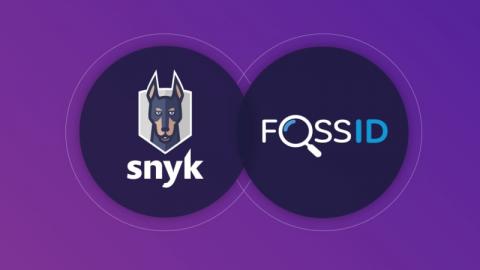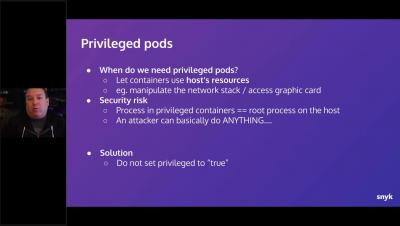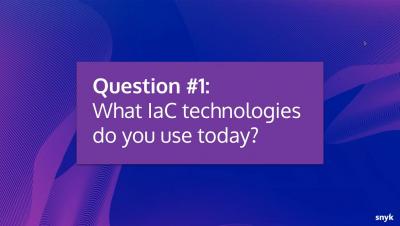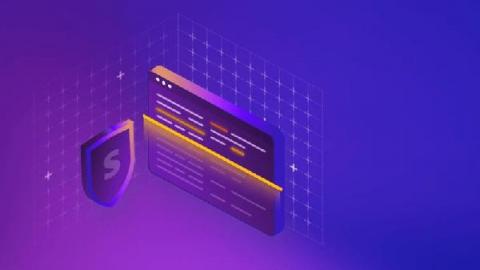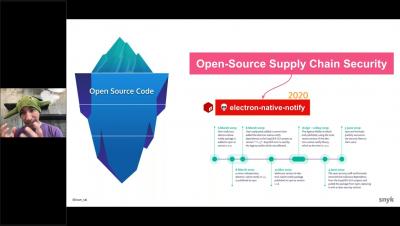Joining forces with FossID to extend developer-first security to C/C++ applications
I’m excited to announce the acquisition of FossID, extending Snyk’s developer-first security capabilities with deeper C/C++ support and enhanced license compliance! Snyk’s vision has always been to empower developers to secure their applications, enabling the speed and scale required by technology-driven companies.


